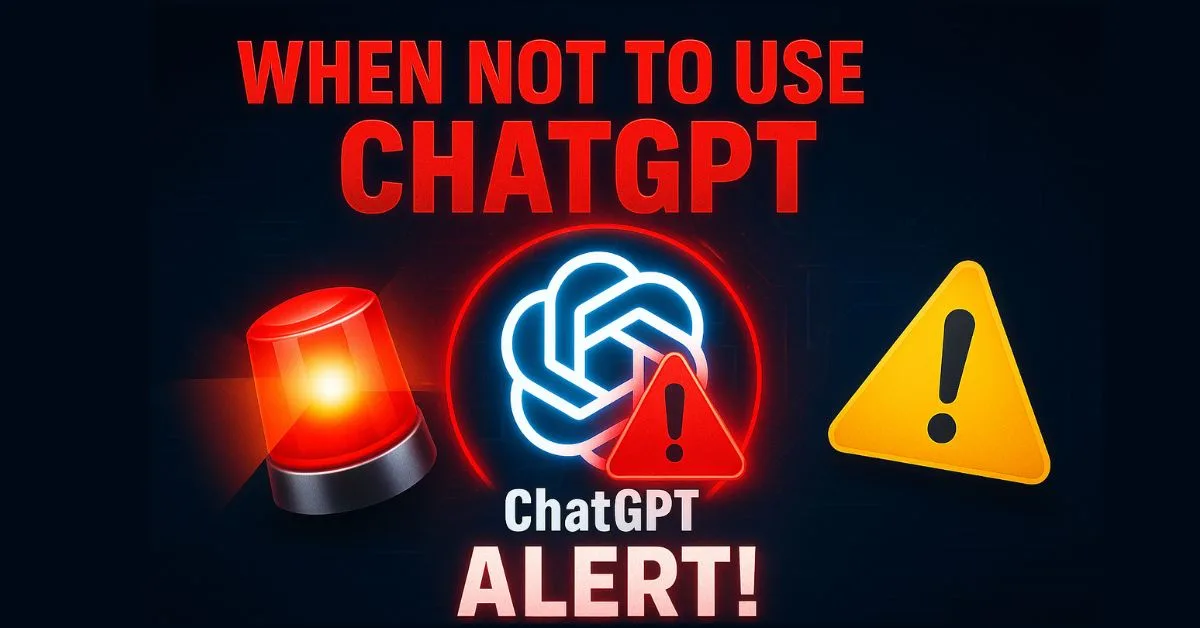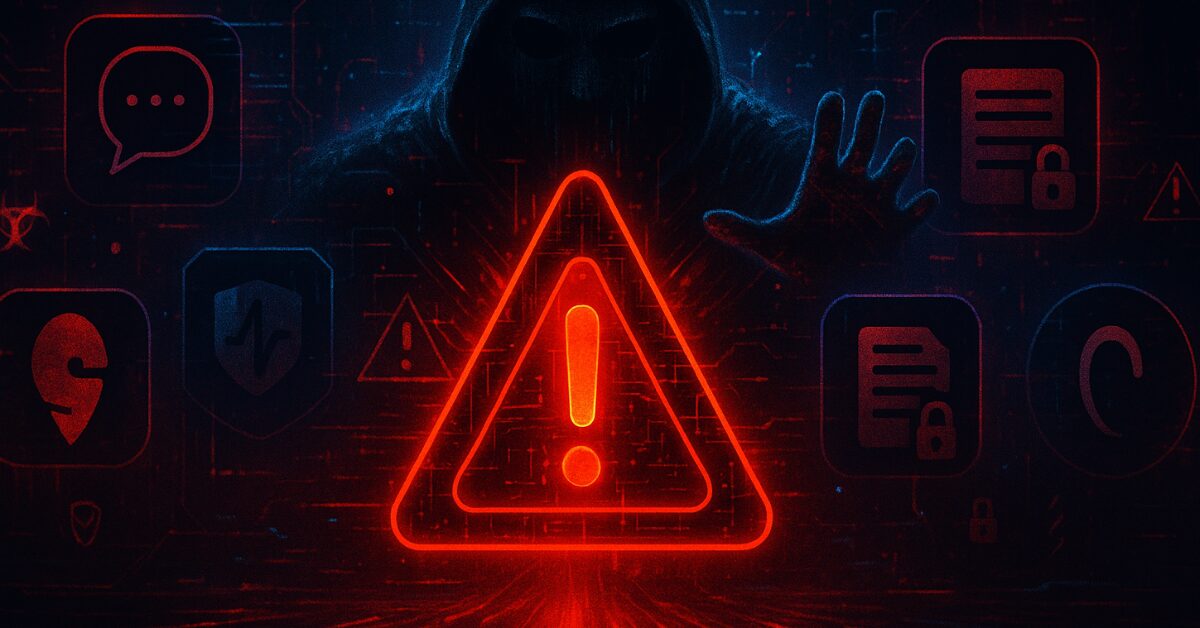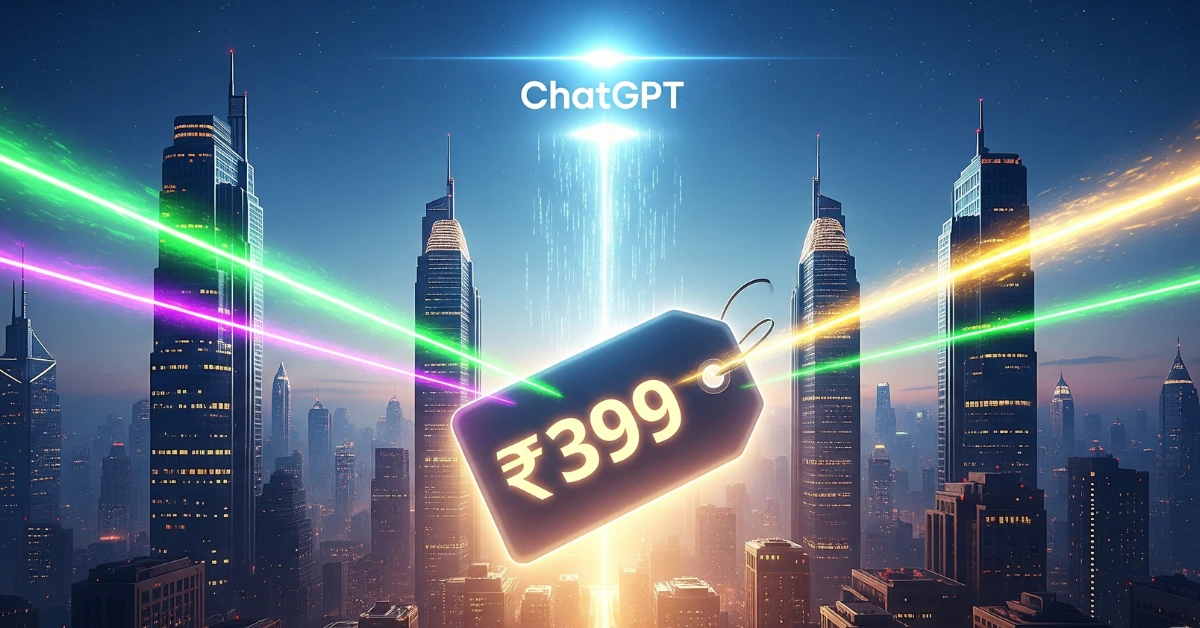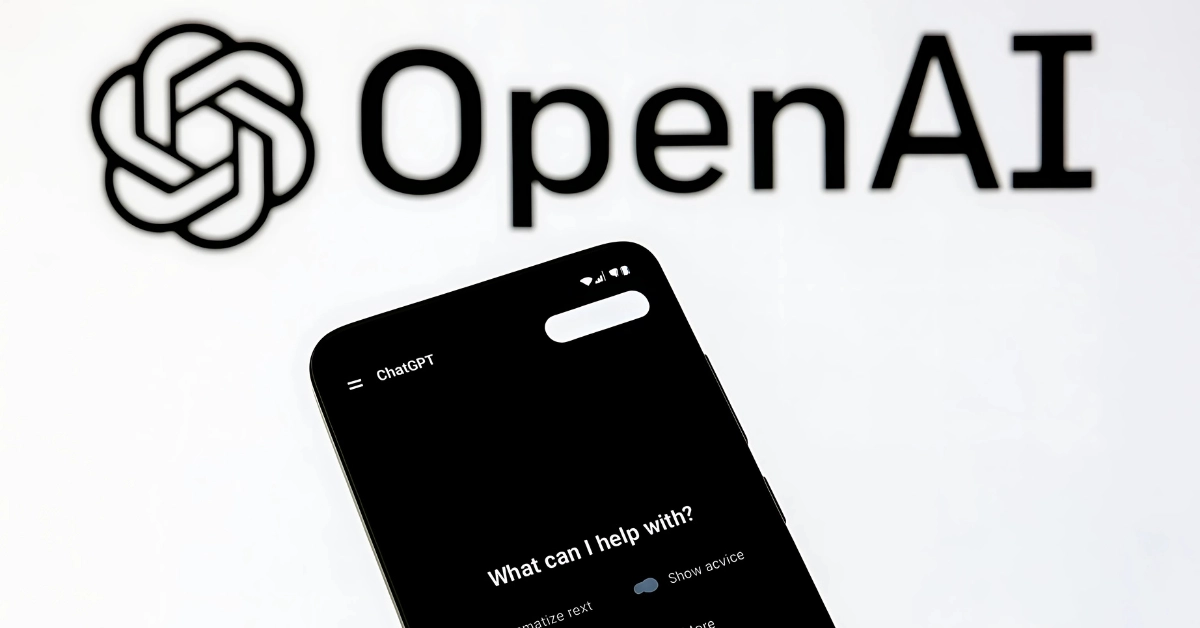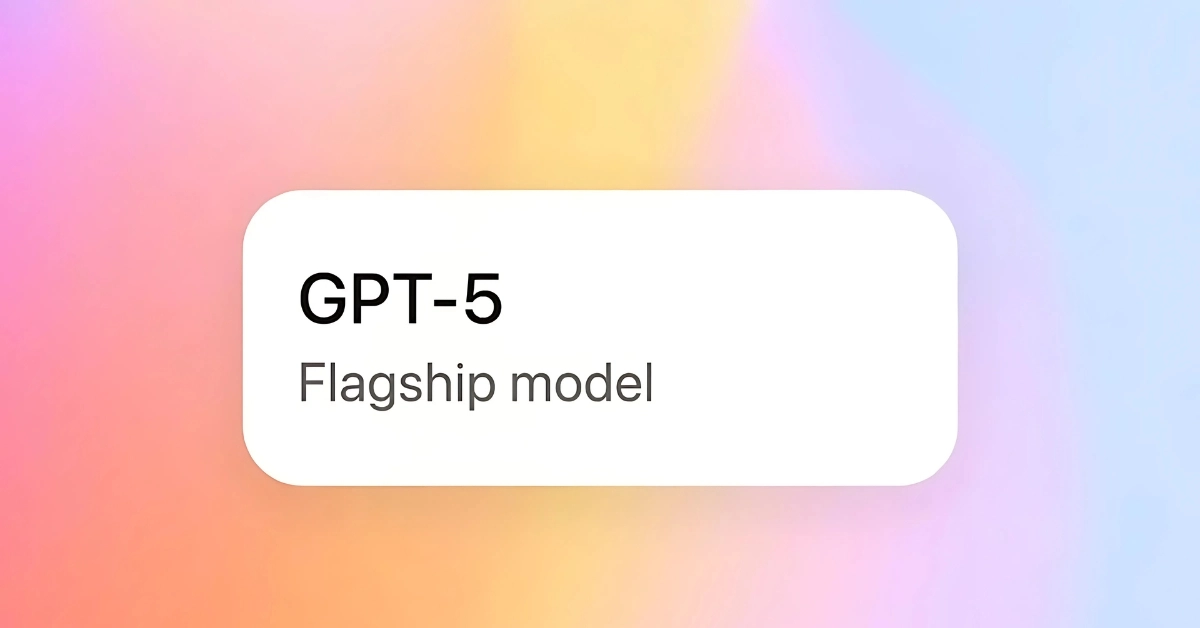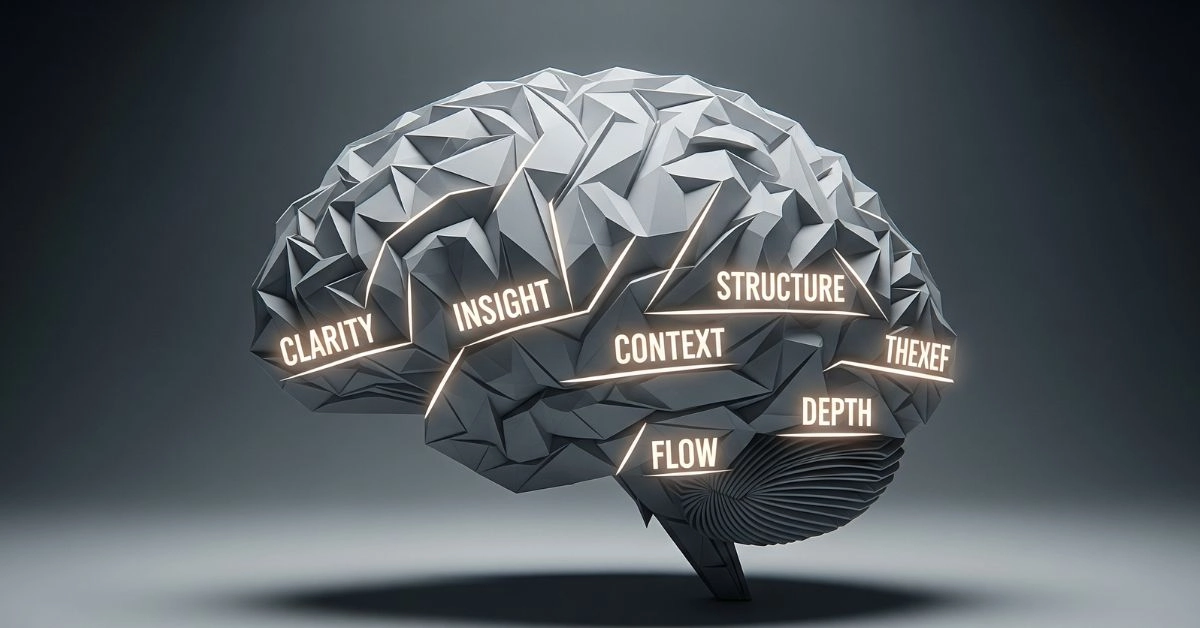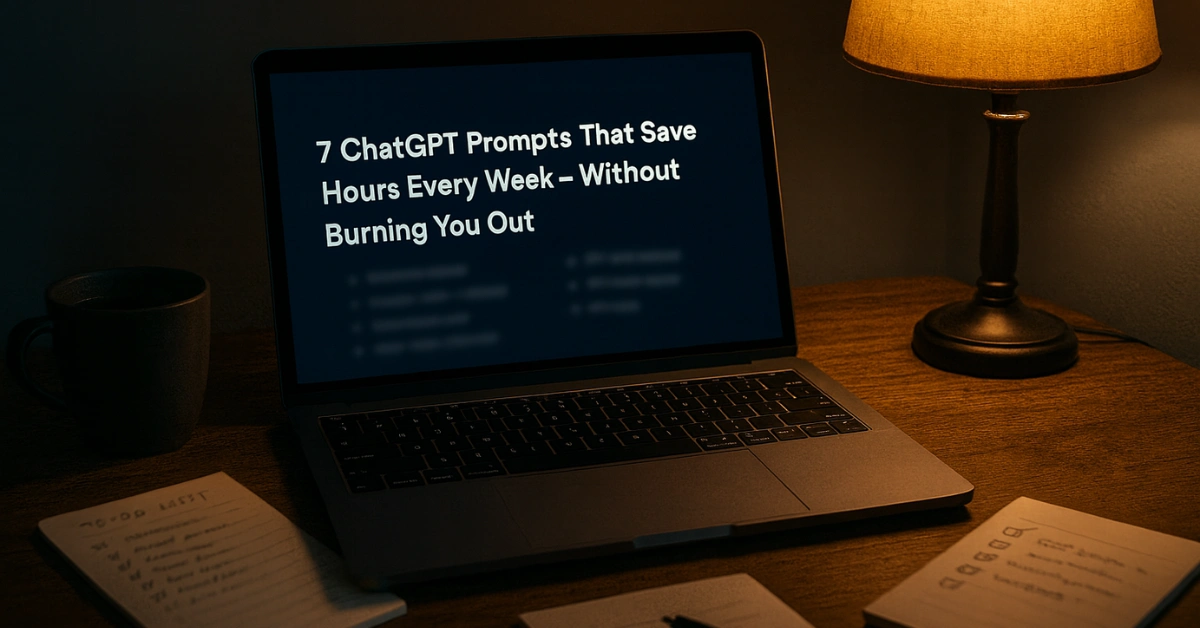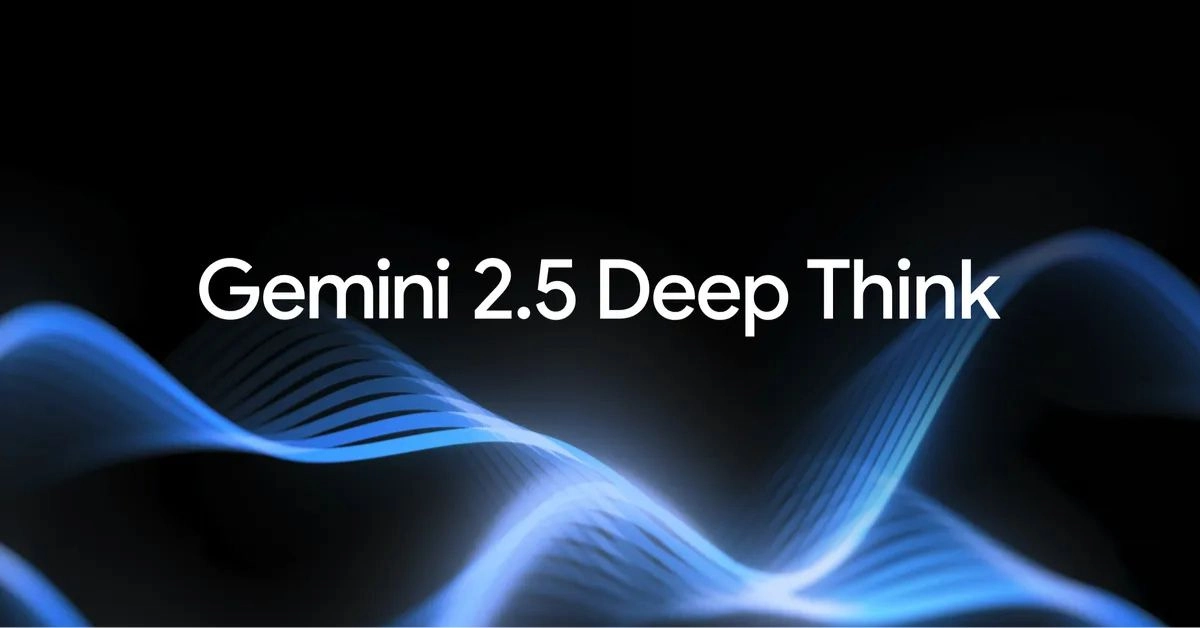Written by Mohit Singhania | Updated: July 1, 2025 | TechMasala.in
I want to start with something that actually happened.
A friend of mine once found a small lump near his chest. It didn’t hurt, but it was bugging him. And instead of calling a doctor, he asked ChatGPT.
ChatGPT gave him a list. Cyst, lipoma… and then that word — cancer.
Everything froze in his head right there.
He didn’t sleep for two nights. Kept walking around, doom-scrolling articles, watching YouTube videos, convincing himself it was serious. I saw how stressed he was. But he didn’t talk to anyone. Just kept spiraling, alone.
Finally, he gave in and saw a doctor.
It turned out to be nothing. Just a lipoma — a soft, harmless lump. Totally fine. The doctor barely blinked.
What stuck with me was how much those two days wrecked him. All because he trusted a chatbot over a real person.
That’s when it hit me — we need to talk about this. About when not to use ChatGPT.
I use ChatGPT every day. For writing ideas, breaking down tech, even helping me explain stuff to my parents. It’s powerful. No doubt.
But it doesn’t get fear. Or urgency. Or what it means to be human.
There are times it can really mess things up. Real things — your health, your money, your peace of mind.
So yeah, when should you not use ChatGPT? Let’s break it down with real stakes — not theory, real-life stuff. I’ll walk you through the exact moments where trusting a bot could end up costing you more than you think.
1. Don’t Let ChatGPT Diagnose Your Health. It Will Scare You.
We’ve all done it.
You feel weird. Some random ache, a strange rash, maybe that annoying cough. So you open ChatGPT and type, “I have a sore throat, mild fever, and fatigue. What could this be?”
It spits out: “These symptoms could be a cold, the flu, COVID, or something rarer like mono or strep throat.”
Now imagine you’re already nervous. That last line alone can wreck your whole day.
ChatGPT can’t see you. It can’t check your pulse or run a test. It won’t say, “You’re okay” — or “Go see a doctor, now.”
You need someone who’s seen this stuff before. Who knows the difference between “It’ll pass” and “Get to the hospital.”
Use it to prep questions. Learn the terms. Maybe write down your symptoms. But don’t let it pretend to be your doctor.
Can ChatGPT replace a real doctor? Not now. Not ever.
Even the WHO warns against self-diagnosis using AI, calling it a growing risk for delayed treatment.
2. ChatGPT Can’t Handle Real Mental Health Moments
You’re tired. You haven’t slept. You feel blank, like nothing’s real. You open ChatGPT and type: “I feel like nothing matters.”
It replies, “I’m sorry you’re feeling like this. Want to try a breathing exercise?”
It means well. But it’s not enough.
It can’t hear your silence. It can’t see your tears. It won’t ask, “Are you safe right now?”
AI can fake care. But when you’re breaking down, fake isn’t just useless — it can feel cruel.
If you’re hurting, please talk to someone. A friend. A counselor. Or call iCall at 9152987821 — it’s safe, free, and anonymous.
You are not a prompt. Your pain is not a dataset. Your healing deserves more than an algorithm.
This is where ChatGPT messes up. Not because it’s bad. Just because it doesn’t get what you’re going through.
3. Don’t Use It in an Emergency
Let me be real with you for a second.
You’re in the kitchen, and there’s this weird, sharp smell. Not quite smoke, not quite gas, but something’s wrong. The alarm goes off. Your stomach twists. Panic hits. But instead of running or calling someone, you grab your phone.
You open ChatGPT and type, “Is the smell of gas dangerous?”
It responds in that same calm, textbook tone: “Gas leaks can cause fire or CO poisoning. Ventilate the space and call for help.”
But while you’re reading that, precious seconds are slipping away.
I’ve seen this happen in real life.
Someone in my extended family once panicked when their kid swallowed a coin. The child looked okay at first, just confused and quiet. Instead of calling the doctor, they pulled out their phone and started searching, “What to do if toddler swallows a coin?”
They read articles, asked ChatGPT, watched videos. Ten minutes went by. By then, the child was gasping and struggling. That’s when they finally rushed to the hospital.
Everything turned out okay — but it was too close.
In an emergency, your instinct should not be to search. It should be to act.
ChatGPT cannot smell the gas. It cannot see your child choking. It cannot tell that you’re in real danger. It doesn’t feel your fear, your urgency, your rising panic.
It won’t rush, it won’t react — it just waits for your next prompt like nothing’s wrong.
AI can help after the danger is over. But in that moment, you need to act. For real emergencies, trusted guides like the Red Cross recommend immediate human response, not digital consultation.
Please, don’t wait for a paragraph when what you need is a siren.
4. Financial Advice Needs Context. ChatGPT Doesn’t Have Yours.
If you ask ChatGPT what an ETF is, it’ll tell you. It’s pretty good at breaking down definitions. SIPs, mutual funds, even Section 80C.
But when it comes to your real-life money decisions, it falls flat.
It doesn’t know you’re supporting your parents. It doesn’t know your kid’s school just raised fees. It has no clue that you’re still paying off student loans or that your income swings every month. It doesn’t see your goals, your fears, or the pressure you carry in silence.
A friend of mine once fed his freelance income numbers into ChatGPT, hoping it would help with tax filing. It gave him a nice, confident answer. He followed it, word for word.
He ended up overpaying more than ₹12,000. All because the bot didn’t know about the deductions he qualified for. It didn’t ask questions. It didn’t know what to ask, because it didn’t understand his life.
People mess up when they assume ChatGPT sees the whole picture. It never does.
Use it to learn the basics. Understand how things work. But when it’s your savings, your taxes, your future — talk to someone who knows how to ask the right questions and actually gets what you’re saying.
For Indian investors, SEBI’s investor education portal is a reliable starting point for understanding financial regulations and risks.
Your money deserves more than a smart answer. It deserves someone who listens.
5. Never Feed It Confidential Information
It might feel private, but it’s really not.
Maybe it’s a press release under embargo. Maybe it’s a scanned Aadhaar, or some client work you’re trying to summarize fast. You paste it in without thinking much. Just trying to save time.
But the second you hit Enter, it’s not yours anymore.
Even if it says it doesn’t store your chats, those words still go through their servers. According to OpenAI’s privacy policy, inputs may be reviewed to improve system performance — so your data isn’t entirely invisible. You have no idea who might see it, or how long it stays floating around somewhere.
And let’s not pretend leaks don’t happen. Even big companies get hacked.
Here’s my rule. If you wouldn’t send it to your family WhatsApp group, don’t put it into a chatbot either.
That includes Your Aadhaar. Your bank account stuff. That client contract you promised to keep private. Even your medical test results or chats with your lawyer.
Once it’s out there, it’s out. You don’t get that control back.
And if you’re using shady browser tools or random AI sites just because they seem easier, that’s even riskier. You’re not just pasting data — you might be handing it straight to scammers.
6. Don’t Ask It to Help You Break the Law
This might sound obvious. But people try.
People ask it how to fake resumes, bypass copyright rules, scrape stuff from locked websites. Some even get sneaky with weird prompts to fool the system.
Let’s be real. Every prompt you type is logged. It’s not invisible. And yes, OpenAI has banned users for this stuff.
If it feels illegal, don’t even type it. The last thing you want is a ban, or worse, legal trouble.
7. Don’t Use It to Cheat in School or College
I’ve seen students drop entire assignments into ChatGPT. It spits out a shiny essay in seconds.
And guess what? Teachers are catching on. Detection tools are getting sharper. That clean, over-polished tone? It’s a giveaway. Tools like Turnitin can now detect AI-generated content with growing accuracy.
Even if no one catches you, you’re the one who misses out — you lose the chance to actually learn.
Education isn’t about finishing tasks. It’s about sharpening your mind. And AI can’t do that for you.
Use it to learn. Ask it questions. But don’t hand it your growth. That part’s still yours.
8. ChatGPT Is Not a Live Newsroom
Picture this.
You’re watching the Budget. Your stocks are tanking. You type, “What did the Finance Minister say about capital gains tax?”
ChatGPT shows you an article from two hours ago. Meanwhile, the market’s already moved. Your broker’s calling. You missed the moment.
That’s the danger.
ChatGPT doesn’t update in real-time. It won’t ping you when the RBI hikes interest rates. It won’t flash warnings during a cyclone. It just sits and waits.
Need a quick summary? Great. Use it.
But if you need live alerts or minute-by-minute updates, it’s the wrong place to look.
9. Don’t Use ChatGPT to Predict a Game. Trust Me.
I actually tried this once.
I asked it, “Who’s likely to win today, India or Australia?”
It said, “India looks stronger based on recent form and pitch reports.”
I placed the bet anyway.
India got crushed. And the guy it said was “in form”? He didn’t even play.
That’s when I got it.
ChatGPT doesn’t know who’s injured, who won the toss, or who’s under pressure. It just guesses from old numbers.
If you’re betting with real money, trust your gut. Not a chatbot.
Because when you lose, it won’t apologise. And it definitely won’t pay you back.
10. ChatGPT Isn’t Your Lawyer — Don’t Use It for Legal Docs
Planning to write your own will? Rent agreement? Equity contract for your new startup?
Sure, ChatGPT can give you neat templates. It’ll explain terms like “revocable trust” or “non-compete clause” with ease. But it won’t tell you your state needs a witness signature. Or that a missing line could make the whole document useless in court.
Legal rules change from state to state. Sometimes even from one district to another.
I know someone who used ChatGPT to draft a freelance contract. Looked perfect on paper. But it missed an indemnity clause. When a dispute came up, he lost ₹45,000. Just like that.
ChatGPT didn’t know how enforcement works locally. It couldn’t ask the right questions.
If you’re dealing with legal paperwork, use ChatGPT to learn the basics. But when it’s time to sign on the dotted line, talk to a real lawyer. It’s not worth the risk.
11. AI Art Isn’t Your Story. Don’t Pass It Off.
Let’s be honest.
It’s easy to type a prompt like, “Write a Hindi poem about heartbreak in the monsoon.”
What comes back sounds good. The rhymes work. The feeling is kind of there.
But is it really you?
Art comes from what you’ve felt. What broke you. What stayed with you for years.
ChatGPT hasn’t felt heartbreak. It doesn’t miss someone. It doesn’t carry memories that still hurt.
Use it for ideas, sure. Let it help you start. But if you’re calling yourself an artist, make sure the final voice is yours.
Because the moment you copy-paste something a bot wrote and pretend it’s original, that’s not creation. That’s just pretending. And you’re better than that.
One Last Thing: Trust Yourself First
ChatGPT is amazing. No question.
It helps me write faster, break down tough topics, and even explain tech stuff to my parents. But it can’t feel what I feel. It can’t replace what life teaches you.
These were just a few times I realised ChatGPT isn’t enough. When the risk is real — your health, your money, your peace — being wrong can hurt more than you think.
Trust your gut. Call a friend. Talk to someone. Slow down when it really matters.
Because no matter how smart AI gets, it still doesn’t know you.
FAQ’s About When not to use ChatGPT:
When should ChatGPT not be used?
Avoid using ChatGPT for medical diagnoses, emergencies, legal contracts, personal financial decisions, or mental health crises. In high-stakes situations, real human judgment always wins over machine guesses.
Why should you stop using ChatGPT?
You should stop using ChatGPT when the risk of being wrong is too high — like with your health, money, legal documents, or emotional well-being. AI can assist, but it can’t understand your life the way humans do.
Does ChatGPT share your data?
ChatGPT does not actively share your data, but anything you type goes through OpenAI’s servers. Sensitive info like Aadhaar, passwords, or contracts can be at risk if mishandled. Always assume it’s not 100% private.
Is it bad to use ChatGPT for a resume?
Not always, but be careful. ChatGPT can help with formatting and language, but blindly using its content can make your resume sound generic or even trigger AI-detection filters. Customize everything to reflect your real skills and experiences.

